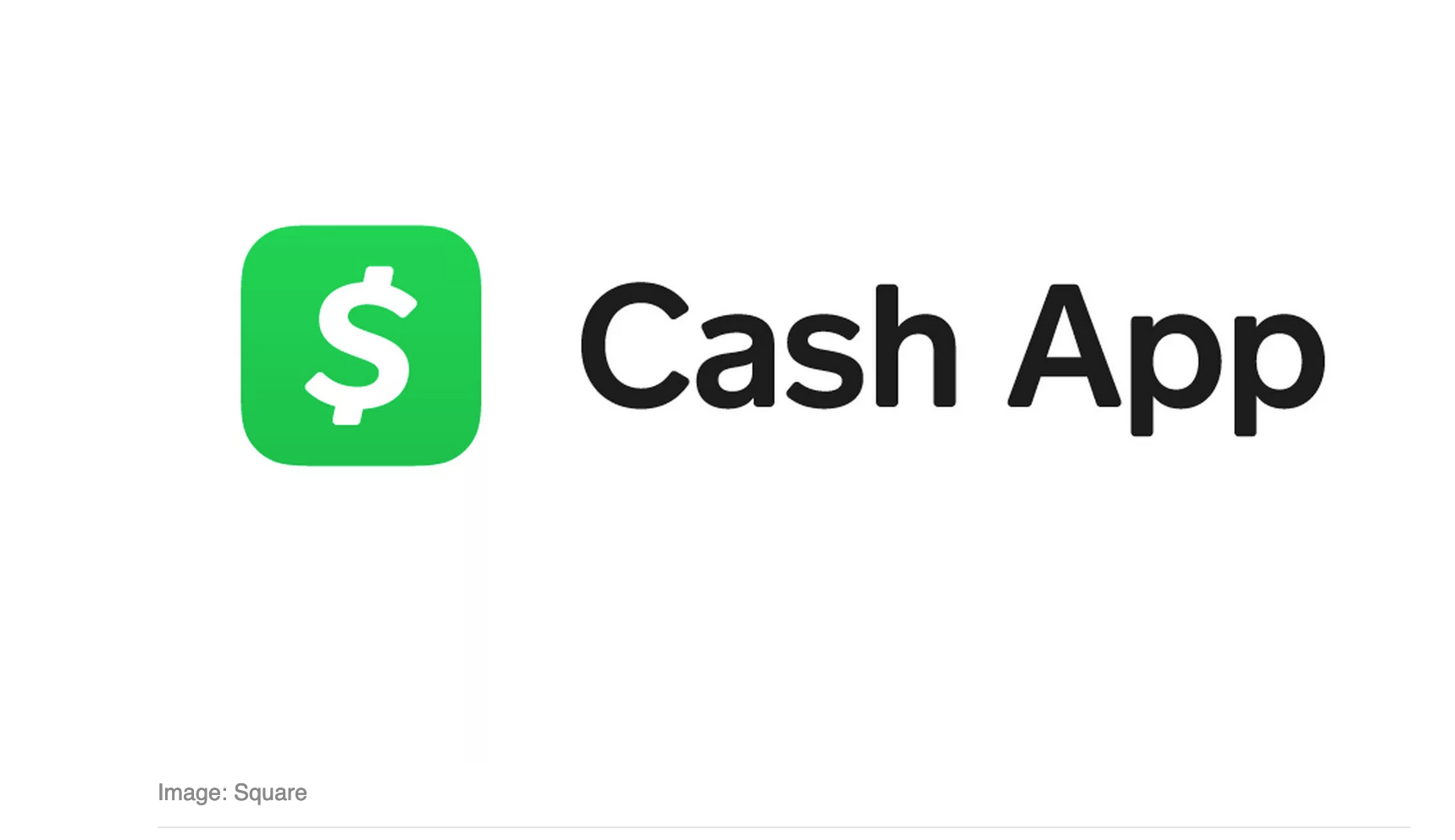Cash App is a popular money transfer app. It is owned by Twitter founder Jack Dorsey and Square, Inc. It has faced a lot of scrutiny with it lately and has become a major target for thieves to scam users out of their hard-earned cash. New scams are popping up continuously; including a new one where thieves pose as customer service reps and use a spoofed number.
According to this report on ABC-13 Eyewitness News; con-artists are taking advantage of Cash App users as fake customer service phone reps and telling them how to reopen their accounts and send money. There have been a total of 3307 FTC complaints.
Keep in mind, Cash App has a toll-free number but no phone support reps answer the phone and it’s just a recording stating that they currently have no phone support and a warning of impersonators posing as their employees. This is mind-boggling and a major sign of a shady company. This is the biggest complaint among Cash App users. You would think that any legitimate company would have customer phone support. Cash App is one in a million that doesn’t offer it. There are also complaints about Cash App stealing money. Users log into the app and find out their money has mysteriously disappeared or was stolen.
Financial crimes have been rising under the pandemic. Gizmodo reports that the Fed states payment apps such as Cash App, Venmo, and other payment platforms have been used for stimulus money laundering.
“I’ve never seen, in my 28 years’ experience, the amount of fraud that I’ve seen currently,” Roy Dotson, a Secret Service special agent who specializes in fighting financial crime, told CNBC. “And I think that’s just based sheerly on the amount of money the CARES Act allocated into covid-related fraud and stimulus… Just the amount of money, you’re going to have different criminal organizations and individuals, basic scam artists, that are going to try to take advantage of that money.”
The app has been closing users’ accounts including mine and has blocked money transfers stating that the user has violated their terms when they haven’t. Cash App is not regulated and not a bank. It is not insured by the FDIC; which makes it very risky for users; (use at your own risk!) The app uses a built-in platform called Sutton Bank which is a real bank based in Attica, OH. They blocked mine when I bought $7 worth of stocks when that’s allowed on their app. They offer a Bitcoin and a stock feature. I didn’t commit any violation. I have had issues with it so I deleted and stopped using it permanently. It could be a sign that the app may suspend operations at the rate they’ve been going. They’ve had many complaints. A class-action lawsuit could be in the near future. We’ll just have to wait and see how it all pans out.
If you have been scammed on Cash App or any other payment app, here are some tips to protect yourself.
1.) Don’t send money to strangers. If a stranger tries to take advantage of you and asks you for money, block them on Cash App. Never give out your login or personal information. DO NOT SEND ANY MONEY PERIOD!
2.) If you feel you have been a victim of theft, report it immediately to the Federal Trade Commission (FTC) or your state Attorney General online and file it as a consumer complaint.
3.) Know that Cash App does not offer phone support. Do not become a target and fall for scams of someone posing as a Cash App customer service rep or call a spoofed fake phone number. If you get a suspicious email or text, report it immediately to your local law enforcement or the FTC or the state Attorney General immediately online. You can also report it to the Consumer Financial Protection Bureau (CFPB), The Internet Crimes Unit (IC3) or the Better Business Bureau (BBB). Don’t fall prey to these scams!
4.) Since Cash App is now a questionable app, if you have concerns about being scammed, don’t download or use it period! Save yourself the worthless headache!
We hope these tips are helpful. Let us know what you think of this story in the comments section.

